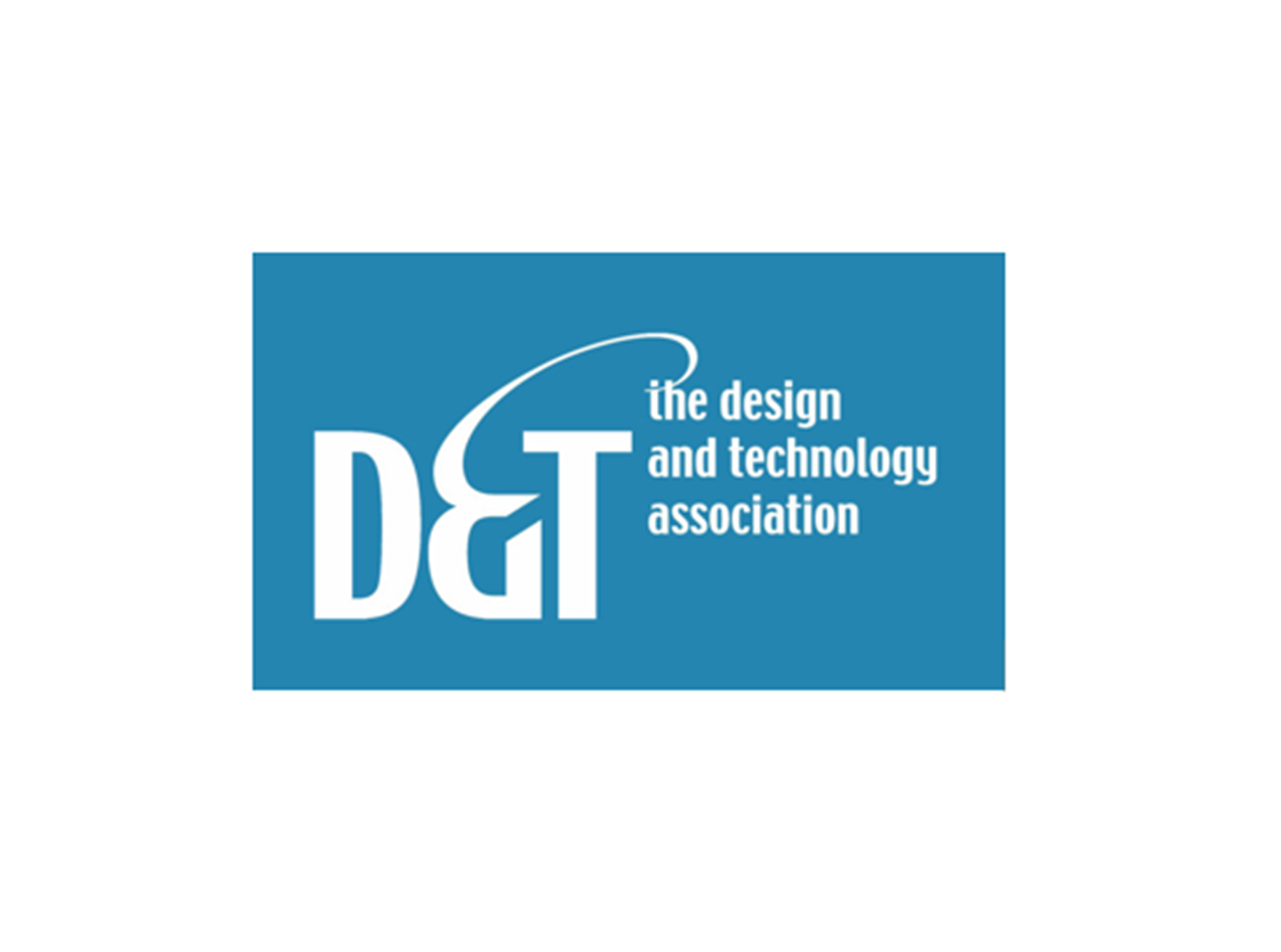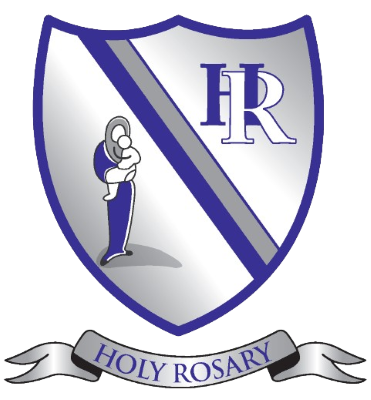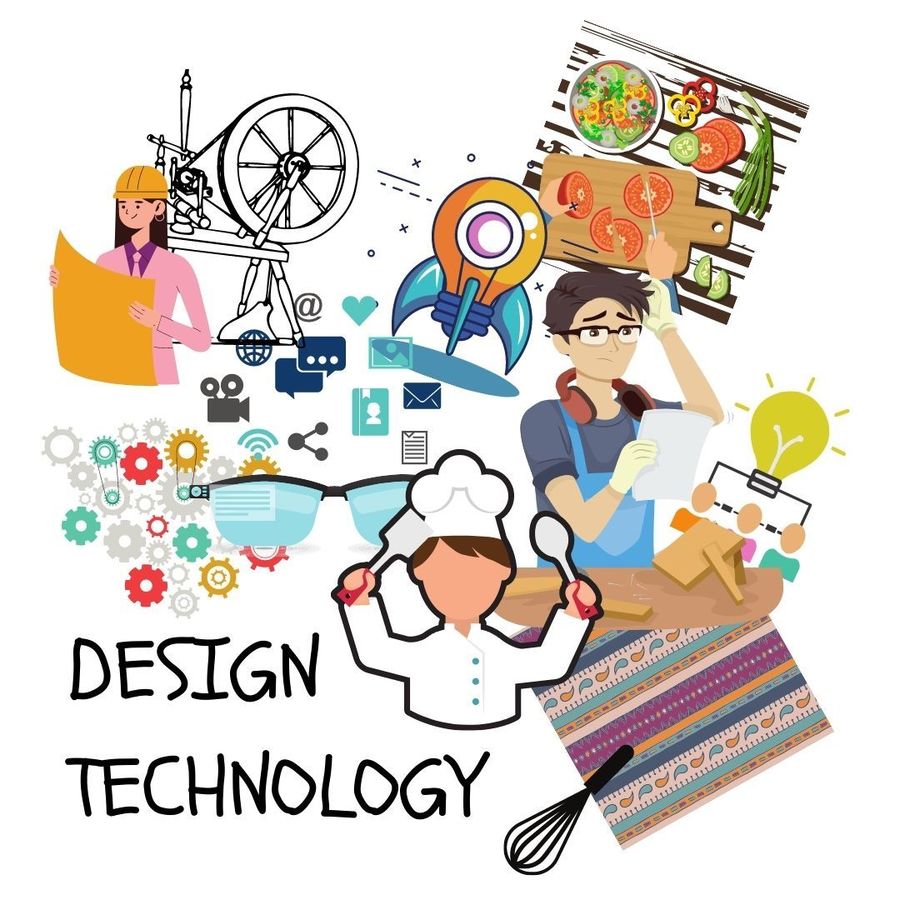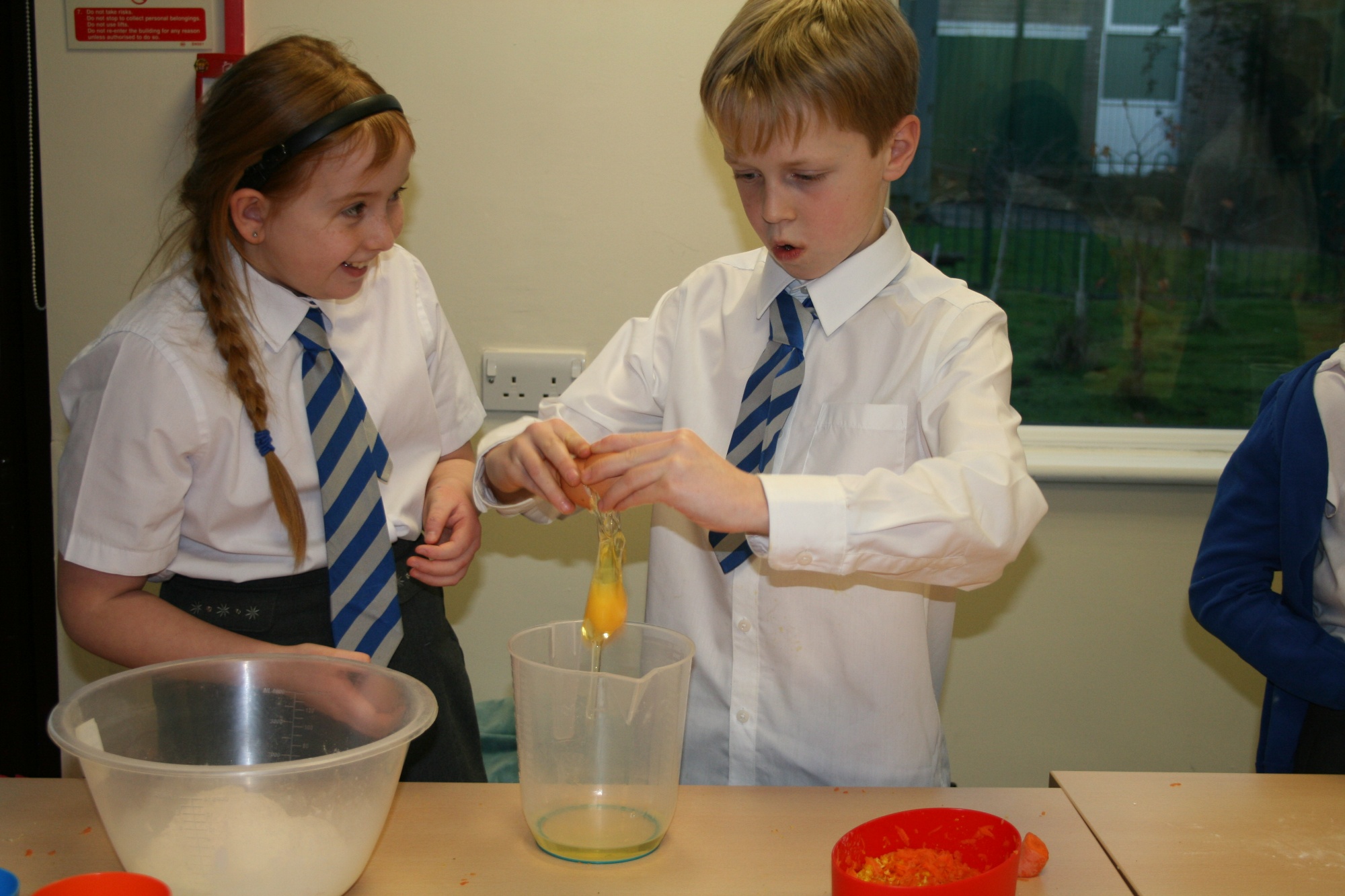Design Technology
Our Curriculum
“Good design is about the process, not [just] the product.”
-Jared Sinclair
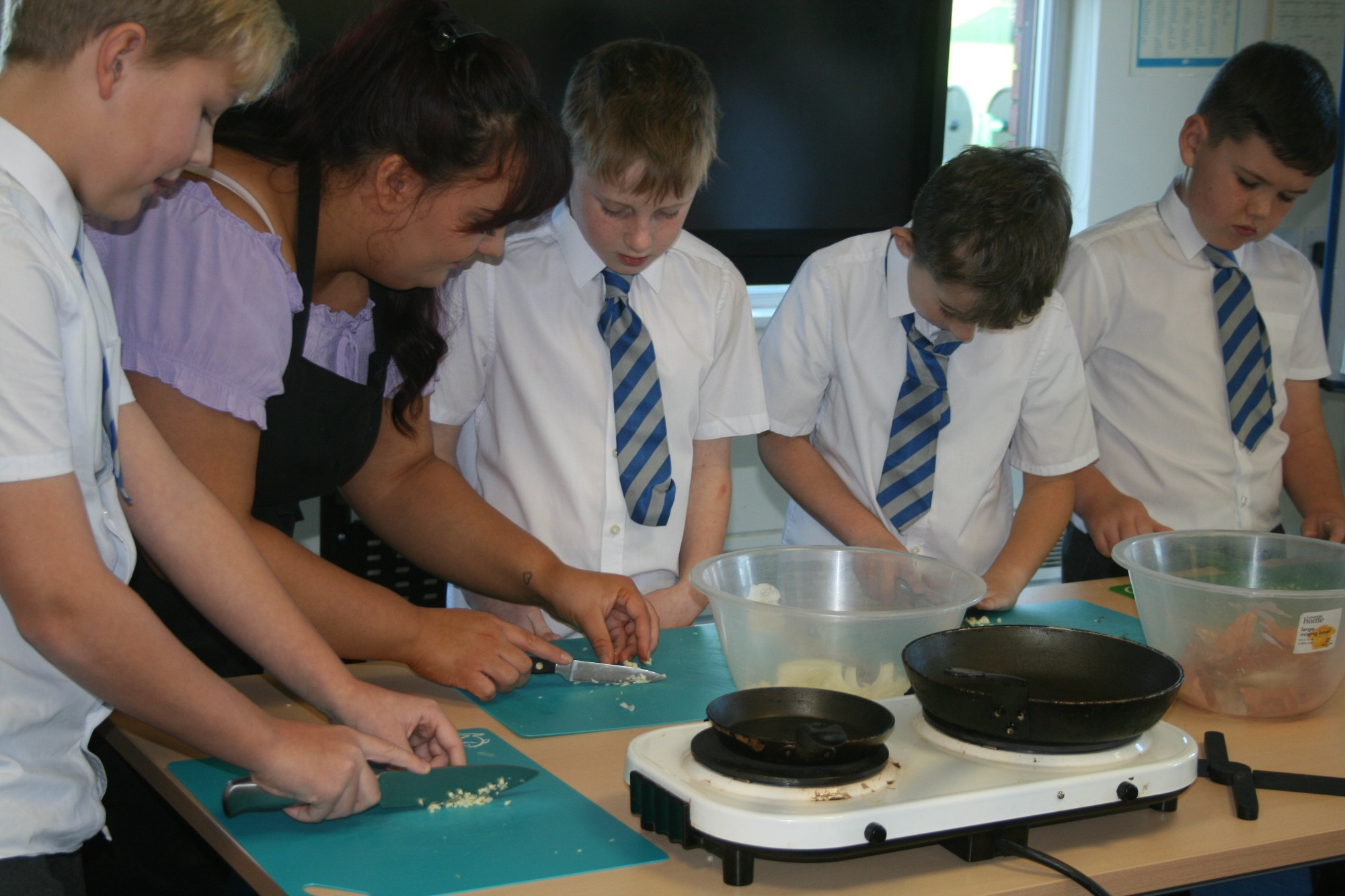
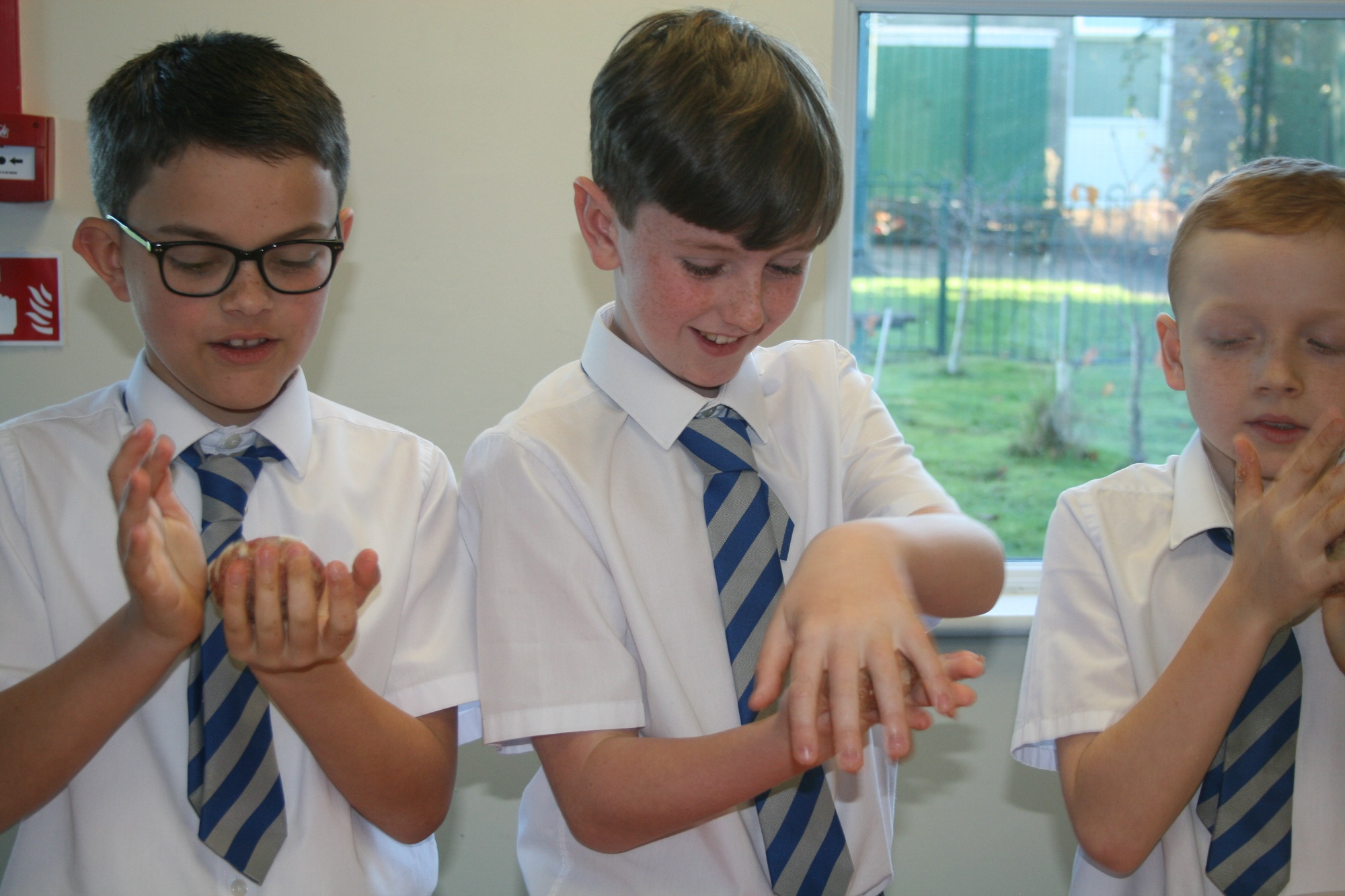
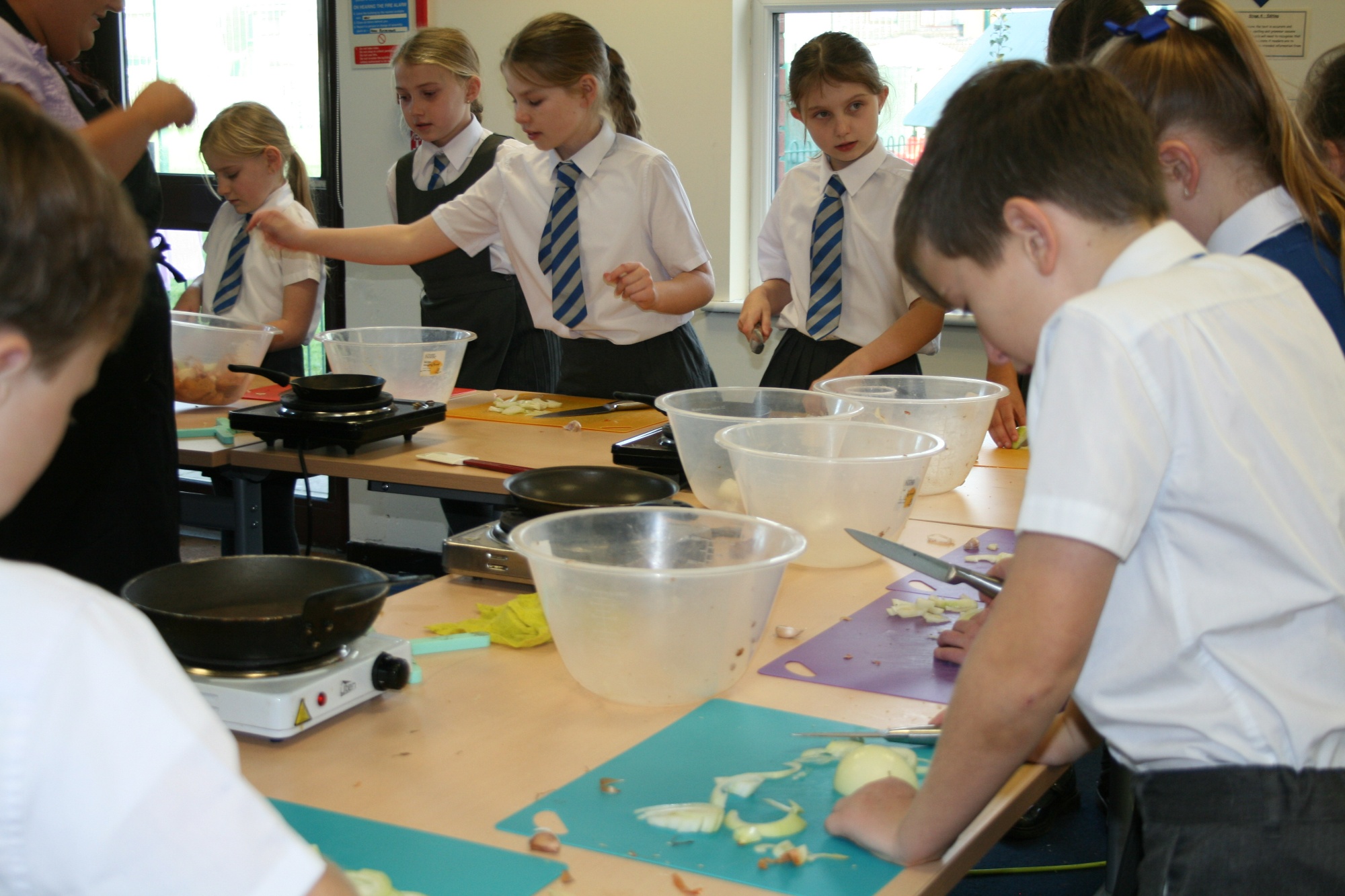
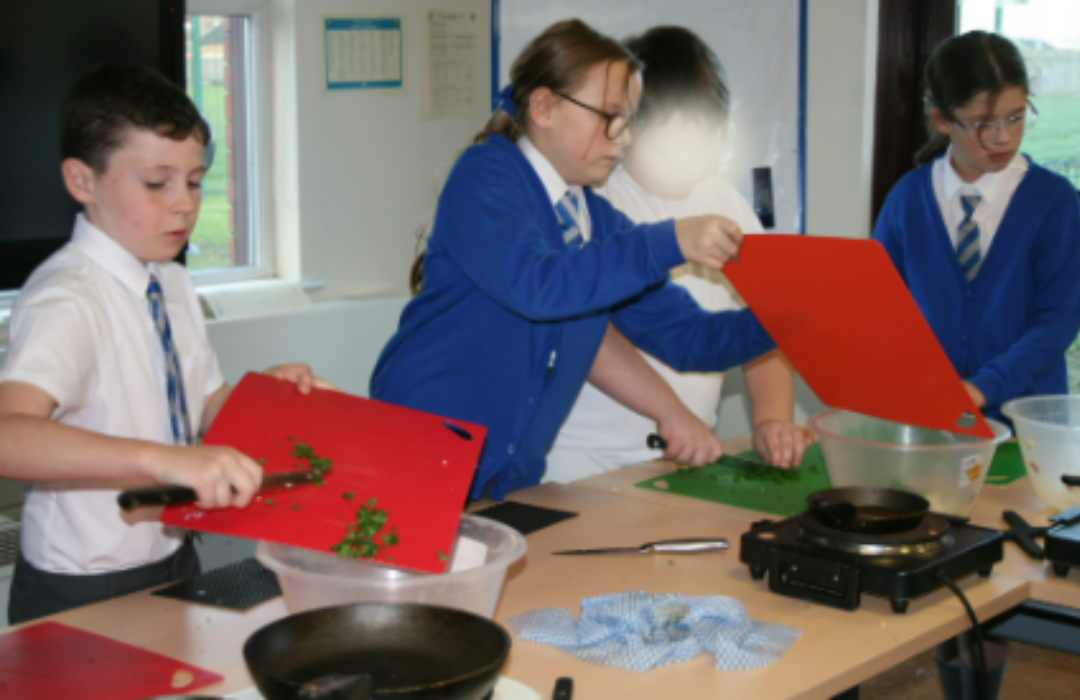
Intent
The way in which Design and Technology is taught in Holy Rosary encourages children to think creatively and to become autonomous problem-solvers, both as individuals and as part of a team. Children are encouraged to think about the different ways in which to approach a problem and to draw upon their own learning styles and prior knowledge to create a solution.
All DT topics follow the design, make and evaluate cycle. DT is taught to a high standard and each of the stages are given equal weight. Each of these steps are rooted on technical knowledge and vocabulary. The children are taught to combine their designing and making skills with knowledge and understanding in order to design and make a product. The evaluation is an integral part of our design process and it allows the children to adapt and improve their product. This is a key skill which they need throughout their life. Through our DT curriculum, we aim to develop an awareness of how technical skills influence and affect our everyday lives in the hope that the children of Holy Rosary will develop a deep and lasting interest and will be motivated to develop them further.
Implementation
- We follow a clear and comprehensive scheme of work which is in line with the National Curriculum and meets the needs of all pupils. Teaching and learning shows progression across all key stages. To support teaching, teachers access a range of resources and planning from Planbee.
- Every year group builds upon the learning from prior year groups therefore developing depth of understanding and progression of skills. Staff have access to a prior learning on knowledge maps to identify what the children should already know about each topic.
- DT is taught in DT week, which take place once a term.
- Knowledge organisers enable children to learn and retain the important and useful vocabulary and knowledge contained within each unit.
- The progression of skills for working technically are developed through the year groups and the development of technical skills and the evaluation of them are of key importance within lessons.
- Effective use of education visits and visitors are planned, to enrich and enhance the pupil’s learning experiences within the DT curriculum.
- Attainment is assessed at the end of each topic. Technical skills are assessed at the end of each DT topic.
Impact
- Pupil voice interviews that have been conducted demonstrate that children thoroughly enjoy DT week.
The positive feedback demonstrates how invested they become in their projects throughout the week. The abundance of knowledge is impressive and it is clear that skills are practised and refined as the week progresses.
- In creating the knowledge maps, we established our non-negotiables for each topic. Because of that, children ultimately know more, remember more and understand more about Design Technology.
- The large majority of children meet age related expectations in Design Technology.
- As designers, children develop skills and attributes they can use beyond school and into adulthood.
Cooking Club at Holy Rosary
One of our very many after school clubs offered is cookery club! Our children thoroughly enjoy the services of ‘Mother Dough Cookery’ each week. In these cooking sessions the children learn important life skills, use real life kitchen equipment, follow recipes and product some incredible products. So far this year they have made homemade bread, potato salad and carrot cake, to mention a few! They take their food produce home to share and enjoy with their families.
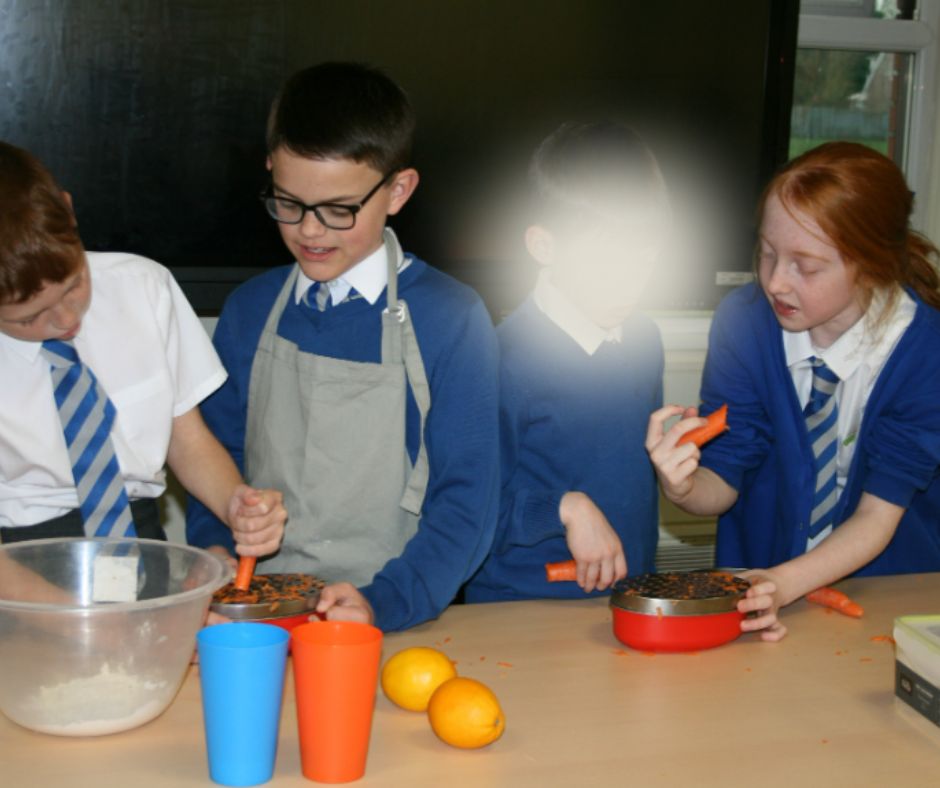
The Design and Technology Association
As a school we are always striving for excellence. Because of this we became a member of the D&T Association. This journey started with completing the The Primary Self-Review Framework’. From this we were able to identify a small number of areas that we wanted to make further improvements on. The D&T co-ordinator has also availed of training sessions offered by the D&T association and this training was during staff meeting time as part of ongoing CPD for all staff. After a year of implementing changes, we again completed the Primary Self-Review framework, highlighting impressive progress. As we always do at Holy Rosary, we selected alternate areas to further enhance and enrich.
